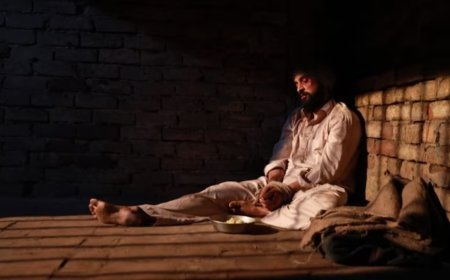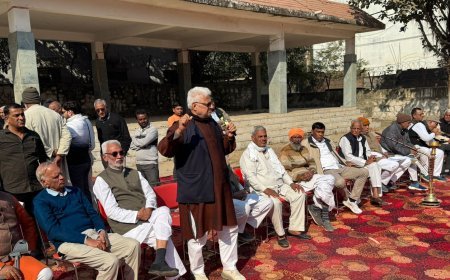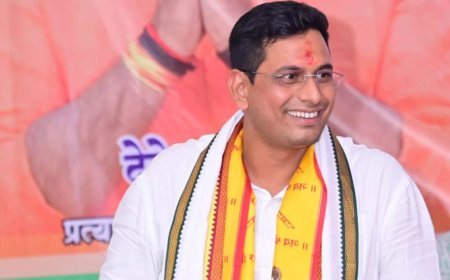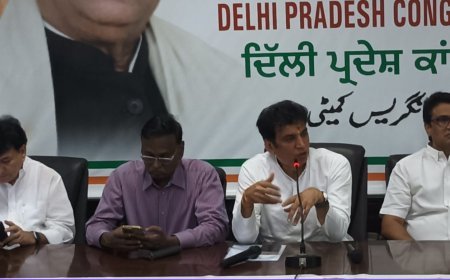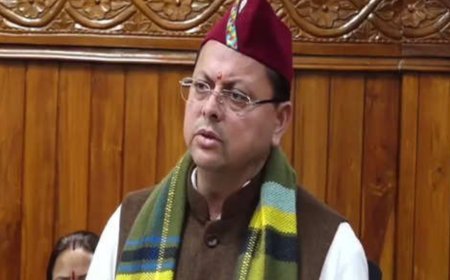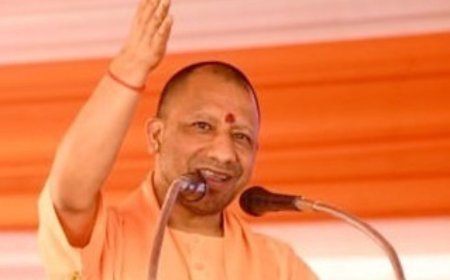Private School Operators Rally Against CBSE's Latest Circular, Fearing Adverse Impacts On Education Quality
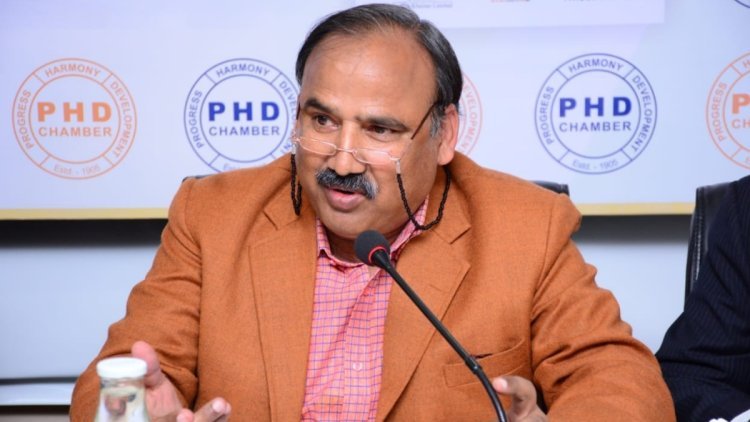
Private school operators are expressing their reservations and staging a protest against a recent circular issued by the Central Board of Secondary Education (CBSE). This circular has sparked concerns within the budget private school sector, with operators asserting that it could have negative repercussions for the education system. Dr. Kulbhushan Sharma, the National President of the National Independent Schools Alliance (NISA), has taken a firm stance on behalf of private schools, articulating these concerns in a letter addressed to the CBSE Chairman, Secretary, and Controller of Examinations. The circular, released on July 24, 2023, has ignited anxieties regarding its potential implications for the educational landscape.
Following the aftermath of the COVID-19 pandemic, CBSE had previously issued a directive permitting budget private schools to admit 40 to 45 students in each class over a three-year duration. This period has now lapsed, and on July 24, 2023, CBSE issued a fresh circular mandating schools to revert to the enrollment figures from three years ago – allowing a maximum of 40 students per class, excluding 10th and 12th grades. Private school operators argue that this alteration could hinder the standard of education.
Dr. Kulbhushan Sharma, the National President of NISA, emphasizes that budget private schools affiliated with the CBSE board function on relatively modest fees. With reduced student numbers, these schools might face financial strain, potentially obstructing their ability to provide comprehensive facilities and sustain a high-quality teaching staff. The potential ramifications are extensive and directly jeopardize the quality of education being imparted.
A central concern highlighted by Dr. Sharma is the restriction imposed on the number of sections within a class. He advocates for the autonomy of private school operators to determine the number of sections in a class, rather than adhering to CBSE's mandate that limits each class to two sections, each comprising only 40 students. He argues that this regulation overlooks practical considerations and neglects to accommodate evolving circumstances, particularly concerning the Right to Education (RTE) students who, upon completing their studies in the 8th grade, contribute to decreased enrollment in higher classes.
NISA stands in unity in its plea to reevaluate the new circular and engage in constructive dialogue with CBSE authorities to address the concerns of budget private school operators. The organization believes that a collaborative approach can yield policies that promote the enhancement of the education sector without adversely affecting its stakeholders.











